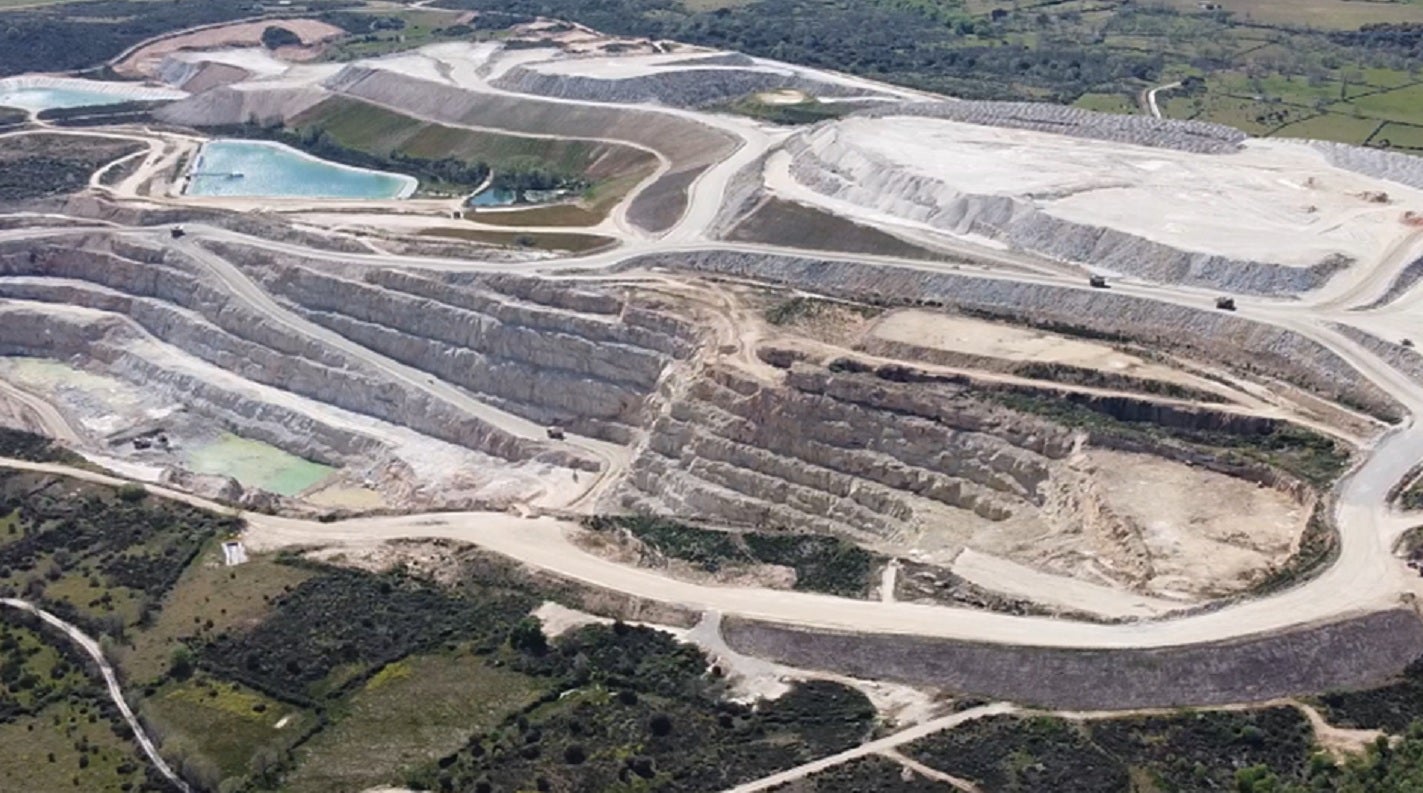
Australia-based EQ Resources (EQR) has entered an agreement to purchase 100% of Spain-based tungsten producer Saloro from Tungsten Mining joint venture SLU.
Tungsten Mining is a portfolio company of funds managed by Oaktree Capital Management.
Via its subsidiary European Tungsten, EQR will acquire Saloro for a nominal consideration of €1 and the benefit of all the intercompany loans owed by Saloro to Oaktree, totalling €80m, for an additional €1.
The deal is pending clearances from foreign direct investment agencies in Australia and Spain.
Furthermore, Oaktree will invest A$25m ($16.4m) in EQR by subscribing to 278 million new ordinary EQR shares at A$0.09 apiece.
Upon completion of the deal, Oaktree will hold a stake of 15.86% in EQR.
Oaktree will also secure 78 million options, which are exercisable during the two-year period after the completion date of the share purchase agreement for A$0.1 per share.
Oaktree managing director Federico Alvarez-Demalde said: “This partnership reinforces our conviction about the incredible opportunity presented in the tungsten supply space, and the need to secure sustainable and ESG-focused critical metals supply chains.”
Saloro owns the producing Barruecopardo tungsten mine in Salamanca, Spain.
Following the acquisition of the past producing mine, Saloro restated operations at the tungsten project in early 2019 after a gap of nearly 40 years.
This mine is currently producing around 140 tonnes per month of high-grade tungsten concentrate.
It is currently undergoing minor plant expansion projects for higher recovery and throughput.
EQR expects the acquisition to make it the largest tungsten concentrate producer in the Western world.
EQR CEO Kevin MacNeill said: “This is, without doubt, an outstanding development and a transformational acquisition for EQR that delivers a huge value opportunity for shareholders.
“We continue building a robust growth pipeline with the addition of the Saloro operation and considering the exploration ground around the Barruecopardo mine is covering prospective historical workings.”




